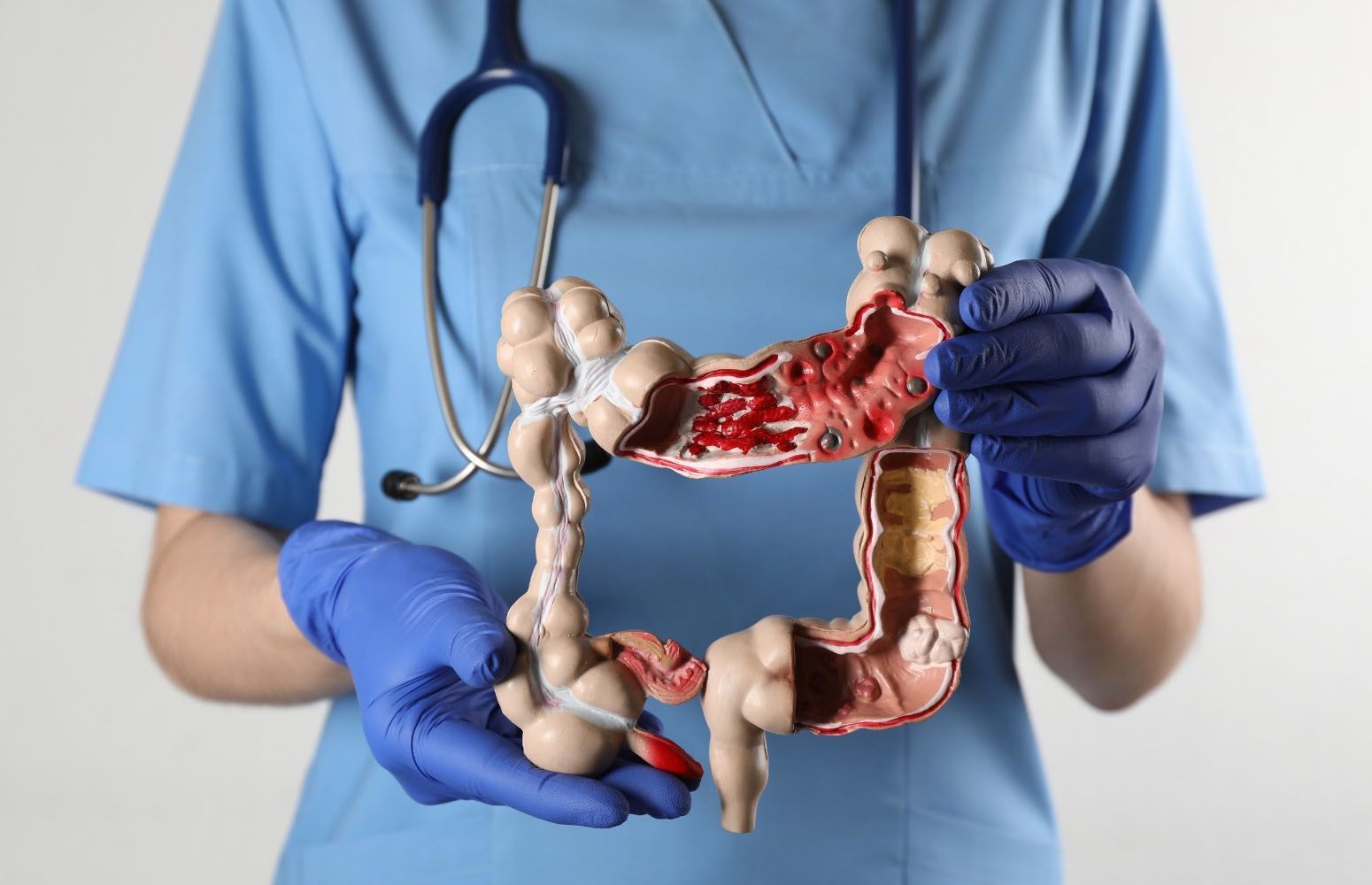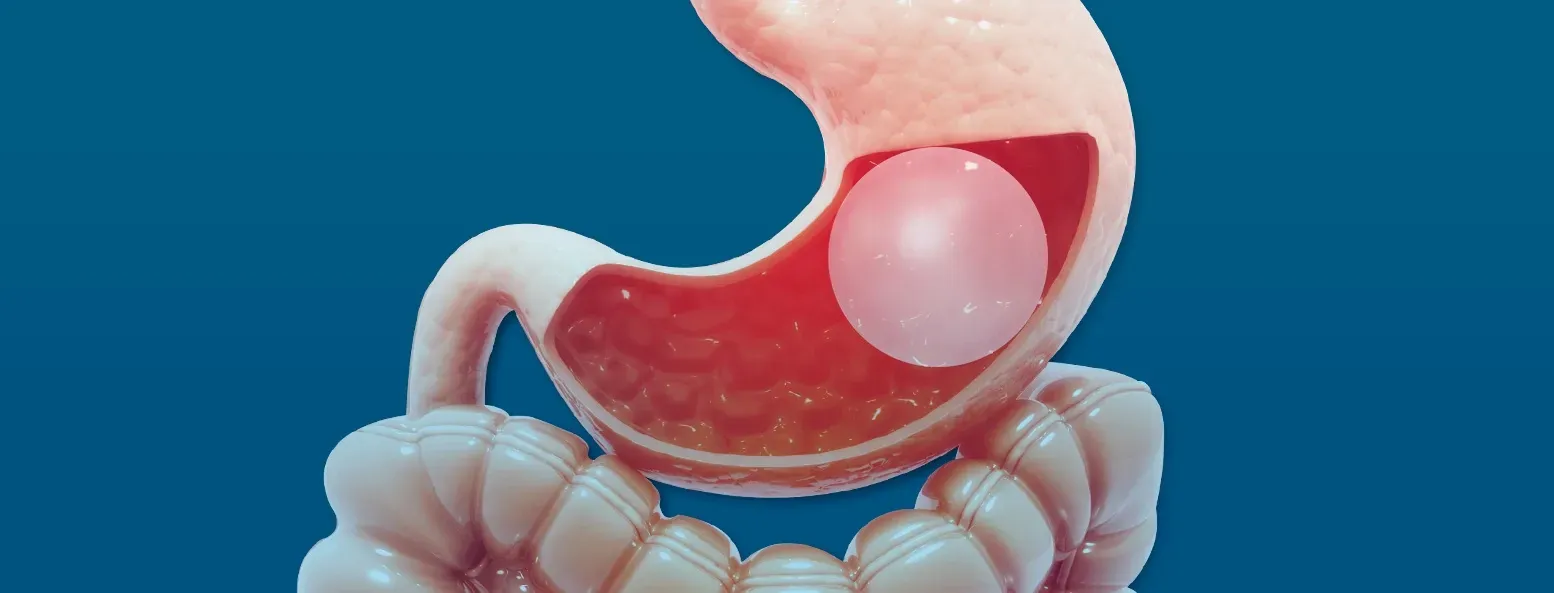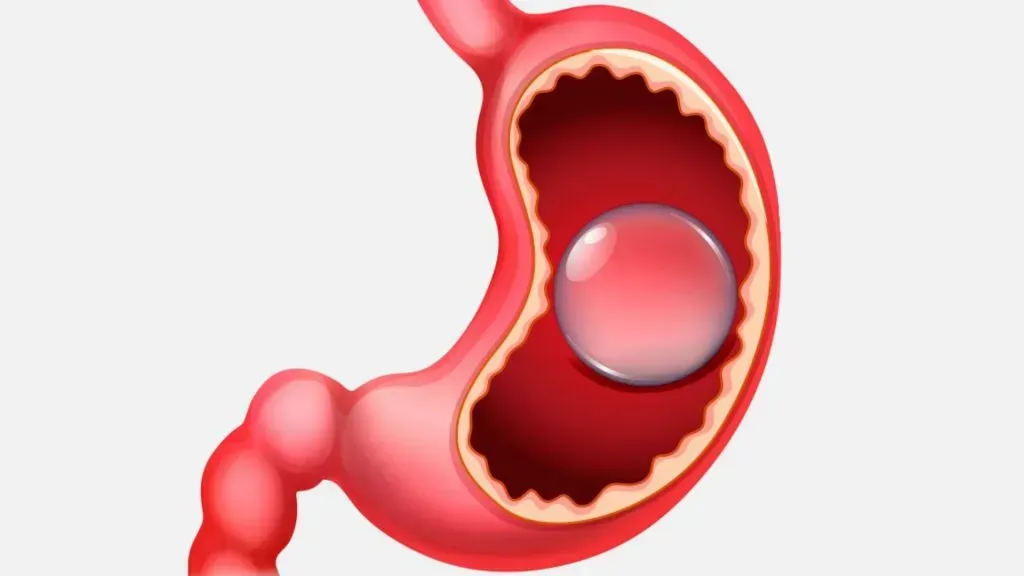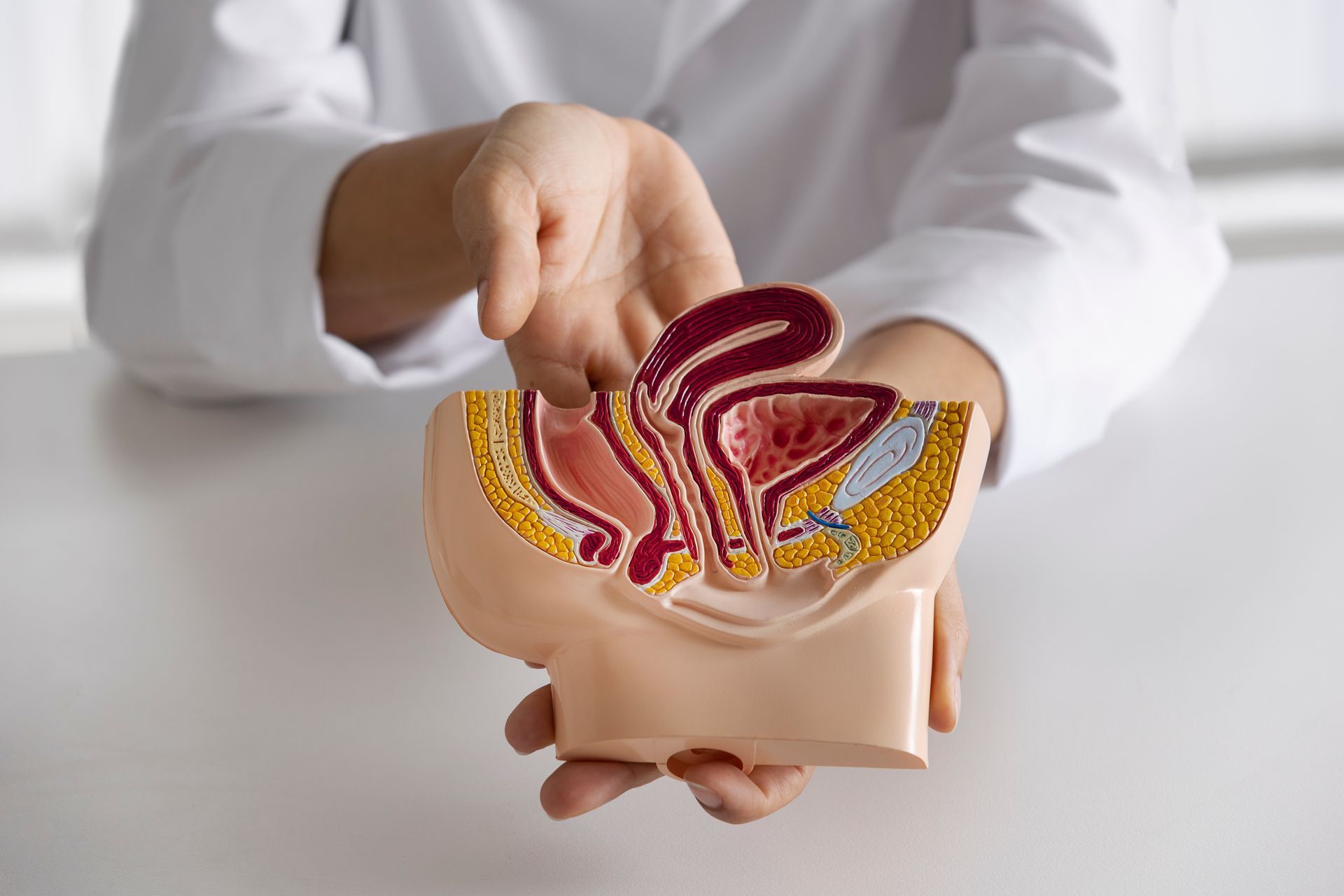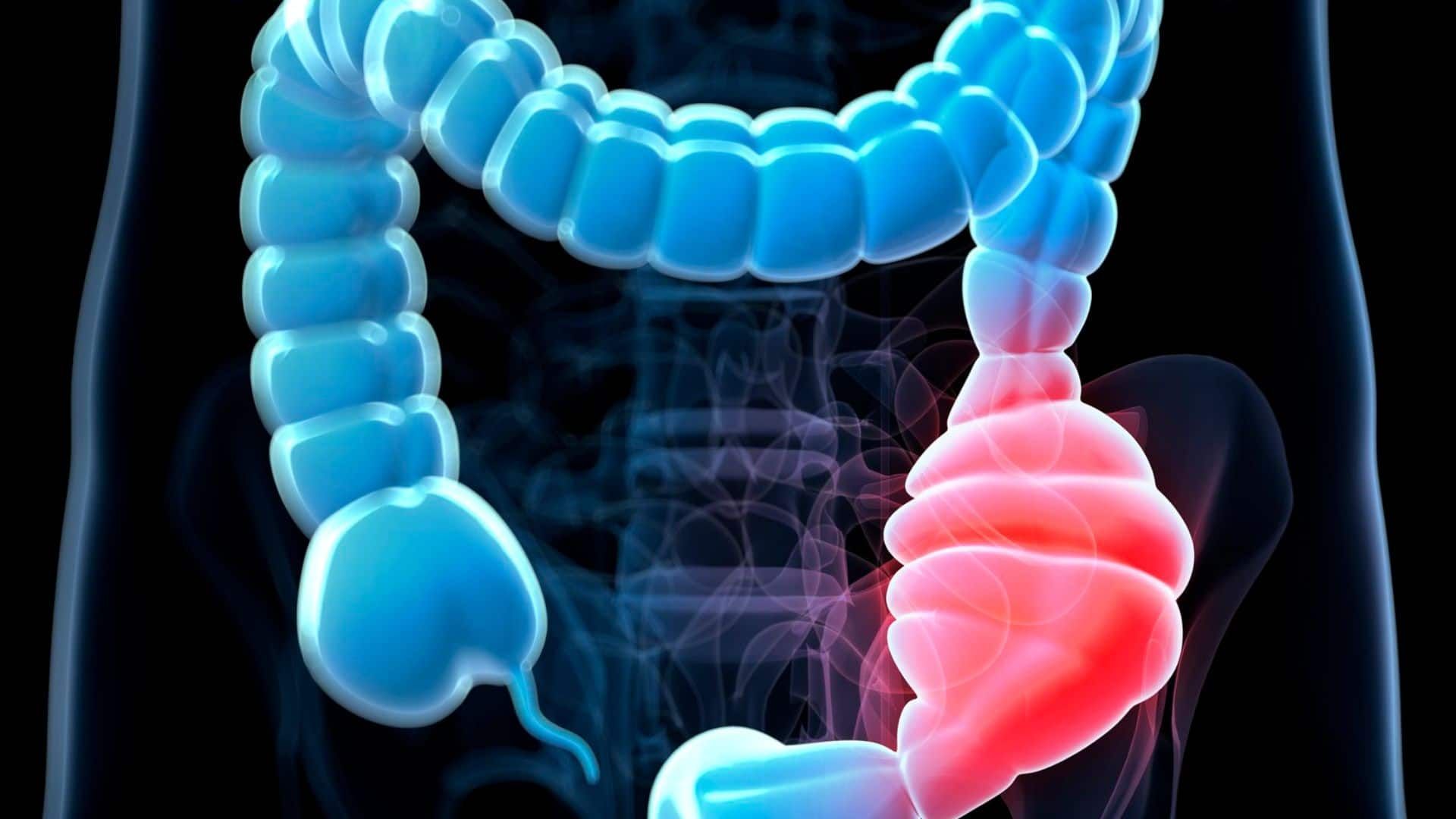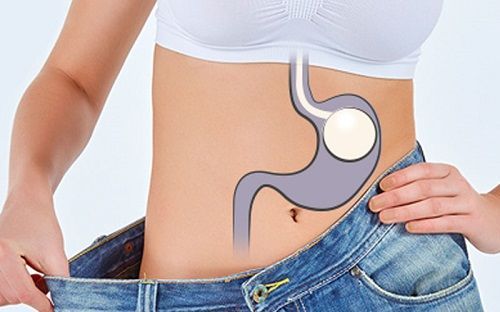GASTROINTESTINAL CONDITIONS WE TREAT
We specialize in the diagnosis and treatment of problems of the esophagus,
stomach, bowel, gallbladder, liver, and pancreas.
We emphasize physician communication and patient education.
This will ensure that patients will have a clear understanding of their medical problem as well as their treatment options. Here are a few of the gastrointestinal conditions we treat.
- Abdominal Pain
- Achalasia
- Anorectal Diseases
- Barrett’s Esophagus
- Biliary and Pancreatic Disorders
- Bleeding
- Bloating
- Constipation
- Diarrhea
- Esophageal Disorders
- Gas
- Gastroesophageal Reflux Disease or GERD
- Gastrointestinal Malignancies
- Inflammatory Bowel Disease, Chron’s Diesase
- Liver Disease
- Overweight
- Peptic Ulcers
- Swallowing
- Difficulties
- Ulcerative Colitis
Dr. Erick Alayo is a gastroenterogist in San Diego with more than 10 years of experience diagnosing and treating different gastrointestinal conditions and diseases.
Gastro SB is one of the few practices in San Diego that offers an in-office hemorrhoid treatment, medical treatment of weight loss as wells as endoscopic weight loss procedures. Be assured that you will be given an evidence-based medicine approach for every gastrointestinal tract disease.
Our weight loss clinic also provides a great approach for the management of fatty liver disease and our experience in weight loss can help you control this disorder. In some cases, we may collaborate with a research team so that you can participate in FDA-approved clinical studies. Choledocholithiasis, a stone located on your bile ducts, is also a condition that we can treat by performing an ERCP. In case this is a questionable diagnosis, we perform EUS (endoscopic ultrasound) to confirm this diagnosis.
See below for more information about the many different types of gastroenterology conditions we treat. If you are seeking treatment for GI conditions,
contact our San Diego clinic
to request a consultation.
Gastrointestinal Conditions
Abdominal pain
Abdominal pain can be caused by gastrointestinal tract disorders of the small or large intestine, stomach, liver, gallbladder, or pancreas.
Abdominal Distention
An abdominal distention happens most likely when there is food intolerance like lactose, fructose, sucrose or an enlargement of an intraabdominal organ.
Anemia
Anemia occurs when red blood cell count decreases. This can happen when you lose blood through your gastrointestinal tract.
Appendicitis
Appendicitis is the inflammation of the appendix. The inflammation causes acute pain in the abdomen that worsens over 12 to 18 hours, and as the appendix has no real function, appendicitis can be cured by surgical removal.
Barrett’s Esophagus
Barrett’s esophagus occurs when the lining of the esophagus begins to transform into a mucosal lining similar to that of the intestines – it is most commonly associated with acid reflux disease. Treatment of acid reflux symptoms will reduce a patient’s risk of developing Barrett’s esophagus.
Celiac Disease
Celiac disease is a disease of the digestive system in which the body’s immune system responds to wheat gluten – a protein found in wheat, rye, and barley – by destroying intestinal villi. Sufferers may experience diarrhea, bloating, cramps, gas, and other symptoms.
Cirrhosis
The term cirrhosis, though commonly associated with alcohol abuse, refers to a disease involving sever inflammation and scarring of the liver Other causes of cirrhosis include fatty liver, hepatitis B and C, cystic fibrosis, parasites, and problems in the bile ducts.
Constipation
Constipation occurs when an individual has trouble having bowel movements – stools may be hard, dry, small, or painful and difficult to eliminate. The most common causes of constipation are a low-fiber diet and insufficient fluid intake, though a number of medical conditions and medications can cause chronic constipation.
Diverticulosis and Diverticulitis
Diverticulosis refers to the condition of having small pockets in the inner lining of the colon called diverticula, causing colonic spasms. Risk factors include advanced age and a diet low in fiber and high in red meat. Diverticulitis occurs when the diverticula become inflamed – causing pain, fever, and digestive upset. It may be treated with surgery.
Gallstones (Gallstone Disease)
Gallstones form in the gallbladder – a small organ on top of the liver responsible for storing bile. When bile becomes over-concentrated, it often forms hard “stones” in the gallbladder or bile ducts and causes pain in the upper-right portion of the abdomen. Gallstones can be removed surgically.
Gastritis
Gastritis is an inflammation of the lining of the stomach often caused by bacterial infection, certain medications, or autoimmune disorders. Symptoms include stinging or sharp pain in the center of the abdomen, nausea, vomiting, and bloating. Severe cases can cause stomach bleeding and can be treated with medication.
Gastroparesis
Gastroparesis (or delayed gastric emptying) occurs when the stomach empties its contents into the small intestine too slowly – food stops moving through the digestive tract or moves too slowly. Symptoms may include heartburn, nausea, bloating, pain, a feeling of fullness, and a lack of appetite.
Gastroesophageal Reflux Disease (GERD)
Commonly known as acid reflux disease is a chronic condition caused by damage to the mucosal lining of the lower esophagus due to the abnormal entrance of stomach acid. The most common symptoms are heartburn, trouble swallowing, and regurgitation, and the disease can be controlled with diet modification and antacids.
Hemorrhoids
Hemorrhoids occur when the veins in the lining of the rectum become painfully swollen and inflamed.
Hepatitis B
Hepatitis B is a virus that causes an inflammatory liver disease called hepatitis. After infection by blood or other contaminated body fluids, patients may develop nausea, vomiting, body aches, jaundice, and other symptoms. A vaccine is available for hepatitis B.
Hepatitis C
Hepatitis C is an virus that causes an inflammatory liver disease called hepatitis – the virus interferes with liver function and causes symptoms like nausea, vomiting, jaundice, and body aches. The disease can be treated with medication.
Hiatal hernia
A hiatal hernia is the unwanted protrusion of the upper portion of the stomach through a weakness in the diaphragm – the muscle that separates the heart and lungs from the abdominal cavity. Symptoms may include shortness of breath, heart palpitations, and digestive problems, though many cases present with no symptoms at all.
Inflammatory bowel disease ( Crohns disease and Ulcerative Colitis)
IBD is a chronic inflammation of the inner lining of the digestive tract. The most common symptoms are abdominal pain and bloody diarrhea. Though there is no cure for IBD, anti-inflammatory drugs can greatly improve the patient’s quality of life.
Irritable Bowel Syndrome (IBS)
Irritable bowel syndrome, commonly abbreviated as IBS, is a set of uncomfortable digestive symptoms that interfere with the patient’s normal functioning. Common symptoms include abdominal pain, bloating, gas, and alternating bouts of diarrhea and constipation.
Liver Disease
Liver disease (or hepatic disease) is a broad term used to describe a number of diseases that affect the liver – including viral hepatitis, fatty liver, cirrhosis, liver cancer. Most cases of liver disease present with jaundice.
Pancreatitis
Pancreatitis is an inflammation of the pancreas. Symptoms include nausea, vomiting, fever, and swelling of the abdomen, and severe cases can cause bleeding, infection, or tissue damage.
Peptic Ulcer Disease
Peptic ulcer disease is a condition where you could develop ulcers in your stomach or upper small intestine causing pain, nausea, and heartburn. Though it is commonly thought that ulcers are caused by stress, the most common cause is a bacterial infection called H. pylori.
Anal pain caused by perianal fissure
A perianal fissure is a tearing or cracking of the skin around the anal opening from passing hard stools – causing pain and sensitivity. Fissures can be treated with topical drugs or surgically.
Stomach Cancer
Stomach cancer or gastric cancer can be confirmed by performing an upper endoscopy. The main symptom is epigastric abdominal pain, early satiety or bleeding. Risk factors include exposure to the H. pyloribacterium, smoking, family history, being male, and prolonged consumption of fried, pickled, or salty foods.
Erick Alayo, MD, AGAF
Gastroenterologist
Dr. Erick Alayo is a Board Certified Gastroenterologist who went to medical school at the Universidad Peruana Cayetano Heredia in Lima, Peru. Erick then completed his internship and residency in Internal Medicine at Cook County Hospital of Chicago.
Gastro SB Clinic offers comprehensive treatment for a wide range of gastrointestinal and nutritional conditions.



















